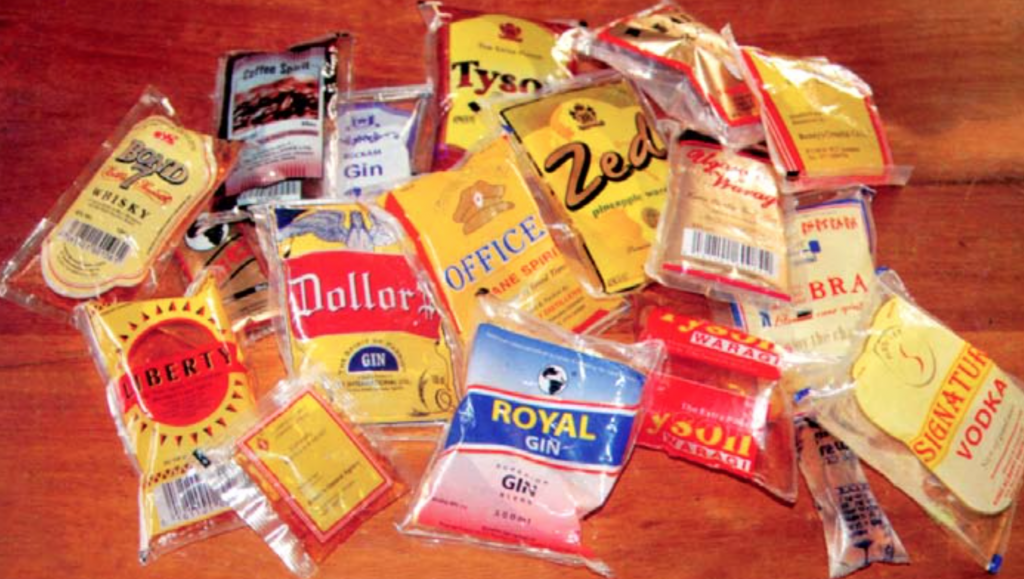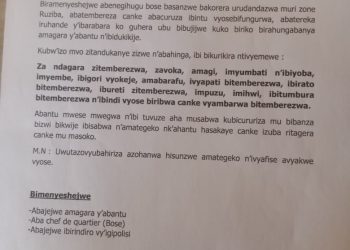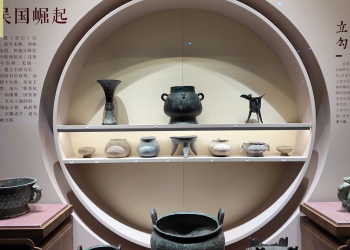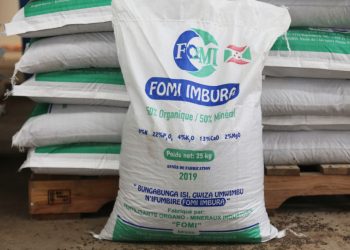Production and packaging of alcoholic drinks in plastic sachets, viroba, are reportedly denying the government a whopping 600bn/- in revenues, annually, due to tax evasion.
Minister of State in Vice- President’s Office, Union Affairs and Environment, January Makamba, addressing reporters in Dar es Salaam yesterday, said the government has formed a national task-force to enforce the ban on sachet-packed liquor.
“The envisaged ban on alcohol in plastic sachets will as well enable the government to curb tax evasion…it’s estimated that about 600bn/- is lost through evasion due to production and packaging of the hard liquor in plastic sachets,” he explained.
Mr Makamba revealed further that the government was currently drafting regulations on the packaging of hard liquor, requiring producers, among others, to pack the drinks in returnable bottles of not less than 250 milligrams.
Just last week, Prime Minister Kassim Majaliwa reiterated while in Manyara Region that no one will be allowed to import or produce alcohol in the sachets by the end of this month. “Enforcement of the ban will come immediately, it is not expected but there could be an
“The envisaged ban on alcohol in plastic sachets will as well enable the government to curb tax evasion…it’s estimated that about 600bn/- is lost through evasion due to production and packaging of the hard liquor in plastic sachets,” he explained.
Mr Makamba revealed further that the government was currently drafting regulations on the packaging of hard liquor, requiring producers, among others, to pack the drinks in returnable bottles of not less than 250 milligrams.
Just last week, Prime Minister Kassim Majaliwa reiterated while in Manyara Region that no one will be allowed to import or produce alcohol in the sachets by the end of this month. “Enforcement of the ban will come immediately, it is not expected but there could be an extension for some producers to migrate to the bottling technology.
The producers will be issued with temporary permits, however these will be provided only if the producer presents required documents before February 28, this year,” explained Mr Makamba.
He directed the District Commissioners (DCs) through their security and defence committees to enforce the ban in their respective areas and curb imports from neighbouring countries. The enforcement should also be extended to production and consumption of illicit liquor.
“Anyone found to go against the regulations risk a jail term, payment of penalty or both punishments,” he explained, adding; “The government does not intend to ban consumption of alcohol in Tanzania but rather to enforce the laws and regulations which require every Tanzanian to live in decent and unpolluted environment.
” The ban enforcing task-force draws its members from the Vice-President’s Office, Ministry of Home Affairs, Ministry of Finance and Planning as well as Ministry of Industry, Trade and Investments.
It will also draw members from the Ministry of Health, National Environment Management Council, Tanzania Bureau of Standards, Tanzania Food and Drugs Authority, Tanzania Revenue Authority, the Immigration Department and Police Force.
The intended ban of alcoholic drinks packed in plastic sachets was first announced in the National Assembly on May 2, 2016. The sachets have been blamed on increased intake of alcohol even among the minors and have also been responsible for environmental degradation.
extension for some producers to migrate to the bottling technology.
The producers will be issued with temporary permits, however these will be provided only if the producer presents required documents before February 28, this year,” explained Mr Makamba.
He directed the District Commissioners (DCs) through their security and defence committees to enforce the ban in their respective areas and curb imports from neighbouring countries. The enforcement should also be extended to production and consumption of illicit liquor.
“Anyone found to go against the regulations risk a jail term, payment of penalty or both punishments,” he explained, adding; “The government does not intend to ban consumption of alcohol in Tanzania but rather to enforce the laws and regulations which require every Tanzanian to live in decent and unpolluted environment.
” The ban enforcing task-force draws its members from the Vice-President’s Office, Ministry of Home Affairs, Ministry of Finance and Planning as well as Ministry of Industry, Trade and Investments.
It will also draw members from the Ministry of Health, National Environment Management Council, Tanzania Bureau of Standards, Tanzania Food and Drugs Authority, Tanzania Revenue Authority, the Immigration Department and Police Force.
The intended ban of alcoholic drinks packed in plastic sachets was first announced in the National Assembly on May 2, 2016. The sachets have been blamed on increased intake of alcohol even among the minors and have also been responsible for environmental degradation.


























